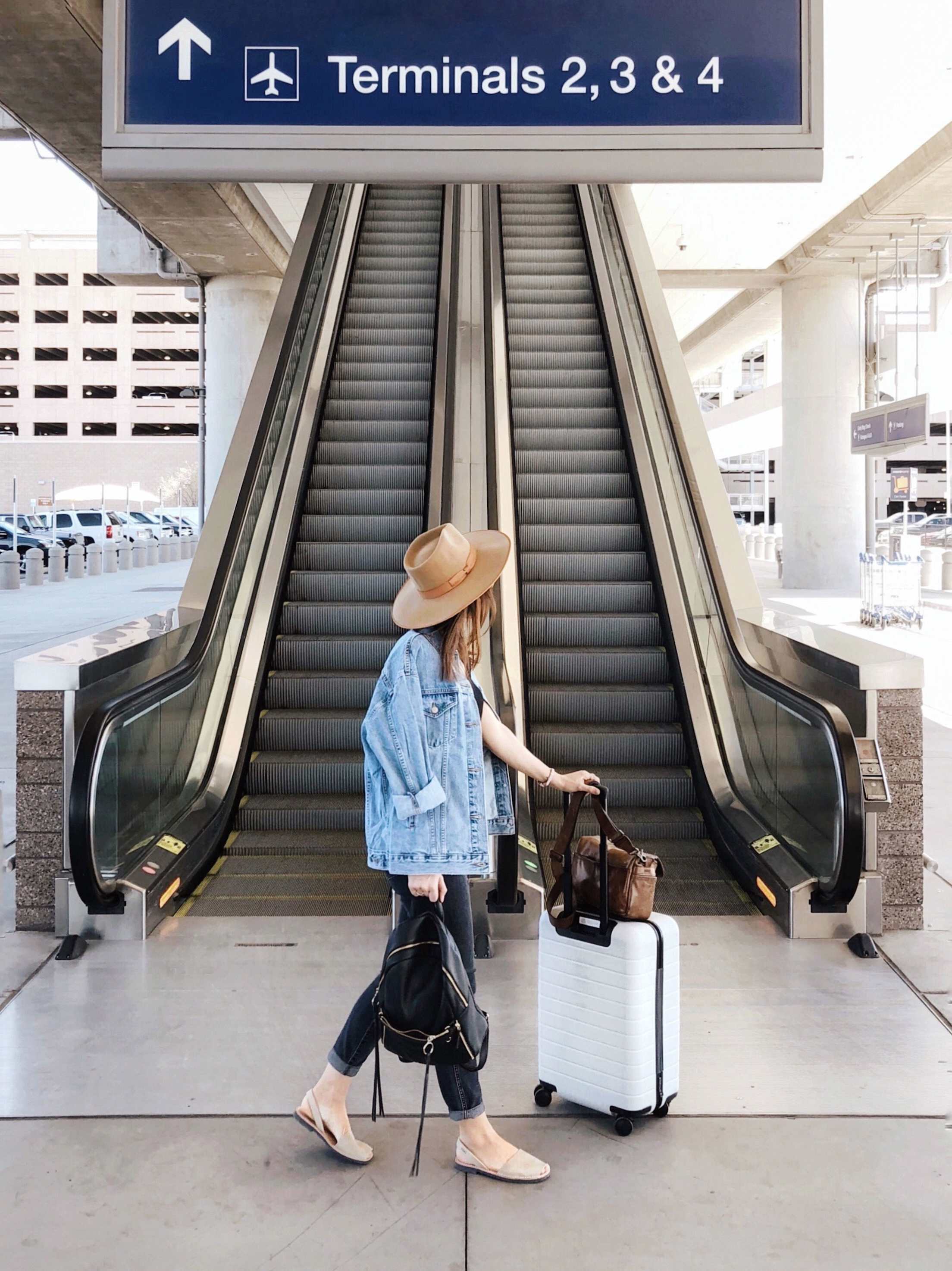
Top Tips from AAA Travel Advisors
Travel like a pro with these insights from the experts.

From dealing with delayed flights to knowing how far ahead to book a cruise, the ins and outs of planning a vacation aren’t always intuitive. So we’ve turned to our wealth of AAA Travel Advisors to share some of their best travel tips. Whether you’re deciding on the right time of the year to schedule an international trip or considering adding an extra stop on your European vacation, here’s some sound advice from the experts to help your travel experiences go as smoothly as possible.
Flying
“Flight delays and cancellations continue to be a problem,” says AAA Travel Advisor Lori Gonzalez, who is based in Mesa, Arizona. “It’s almost imperative that you fly out at least one day prior to a cruise or tour.” Not only will this help alleviate stress, she says, “but when you get there, you’ll be so much more well-rested at the start of your activities.”
Checking luggage? If you’re traveling with a partner or family member, says Gonzalez, consider packing half of your belongings in their bag and half of their belongings in yours. “This way, if one piece of your luggage gets lost, you have some things to get you both through until hopefully your other bag shows up.”
While delays and cancellations can wreak havoc on a well-planned trip, there are some ways to alleviate financial burdens. “If your flights are delayed more than three hours domestically or six hours internationally, or cause you to miss your connecting flight, and/or arrive too late for a tour, cruise, or hotel stay, call the travel support numbers listed on your travel documents,” says AAA Travel Advisor Shinka McCabe, who is based in Sonoma, California. You may be entitled to compensation. McCabe also recommends keeping receipts and details of any extended delays, “in case you need to file a claim with your travel insurance.”
Visiting Multiple Cities
If you plan on visiting multiple locations during your travels, consider purchasing an “open-jaw” ticket rather than a round-trip plane ticket that has the same locale for arrival and departure.
“An open-jaw ticket means flying to one place and then returning home from another,” says Monterey, California-based AAA Travel Advisor Marco Antonio Ruiz-Watson. For example, landing in Lisbon, Portugal, and then flying back from Porto, Portugal. “It’s a great option.”
Gonzalez agrees. “It takes both time and money to get back to point A from point B,” she says, “so it’s important to look at your options.” Open-jaw tickets are “often the same price—if not slightly cheaper,” and don’t require backtracking.
European Travel
“When traveling in Europe, I don’t recommend renting a car unless you are in a place with hard-to-navigate public transportation, such as Italy’s Tuscany region,” says Ruiz-Watson. “Renting a car is a lot of responsibility.” The bulk of European cities have excellent public transit systems, and car shares are readily available in many places as well. Train travel “helps to save time dealing with large airports,” says McCabe. It’s also incredibly scenic. Shoulder seasons remain the best times of year to visit, says Henderson, Nevada-based AAA Travel Advisor Ronna Lacy. “The prices in late April and early May are often good, as is the weather. Same goes for October.”

Hidden Gems
To enjoy one of Europe’s hidden gems, Lacy says Croatia is the place to go. “The price point is low,” she says. “It also has so much beauty and history, and is sunny because it’s in the south.” Lacy also recommends Albania and Montenegro as up-and-coming destinations. Bonus: They’re both right next door to Croatia.
Cruising
All travel advisors interviewed agree that you should book cruises as far in advance as possible, a practice that has gained popularity in the last few years. “Booking cruises one to three years out is a great way to secure preferred cabins, specific itineraries, and early-bird discounts, and also makes for an easy payment plan,” says McCabe. However, before booking any cruise, do your research, Gonzalez notes. Think about the size of ship you’d prefer, the passengers you’ll be traveling with, and the type of onboard amenities you’d enjoy, such as live entertainment or a large selection of restaurants.
Don’t Overplan
When it comes to any trip itinerary, consider leaving a bit of wiggle room, says Ruiz-Watson, especially toward the end of your stay, so you’re free to spontaneously connect with a place. “Embark on a small group tour or hire a private guide when you first arrive at a place,” he says. “This way, you’ll get to know the lay of the land and learn where everything is.” You can also gather information such as the names of shops specializing in handmade goods, which you can use later in your trip.
Travel Insurance
Finally, “travel insurance is so important,” says Lacy. “You never expect to cancel, but it happens more than we’d like to see. For example, if your house floods or a family member gets sick. Life happens.” Make sure you know the details of your insurance and exactly what it covers, “which is some-thing any AAA Travel Advisor can help with.”
Get more out of your vacation: Book through AAA Travel for exclusive Member benefits.